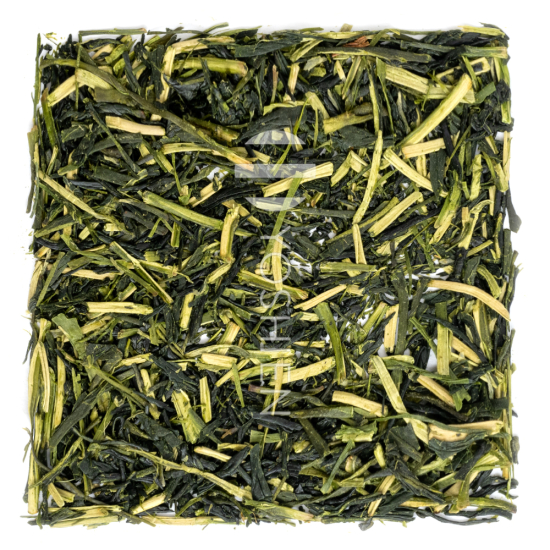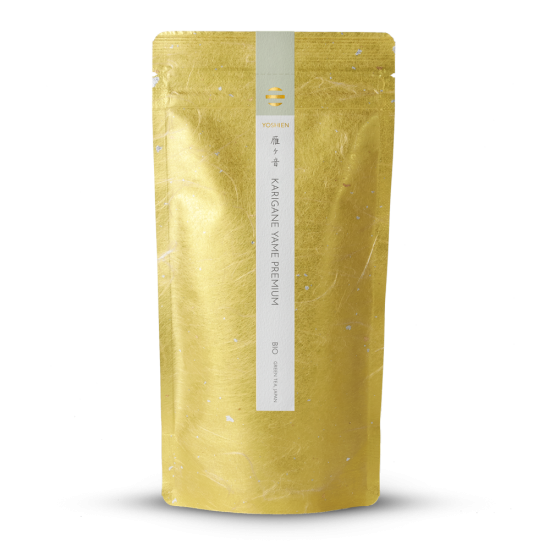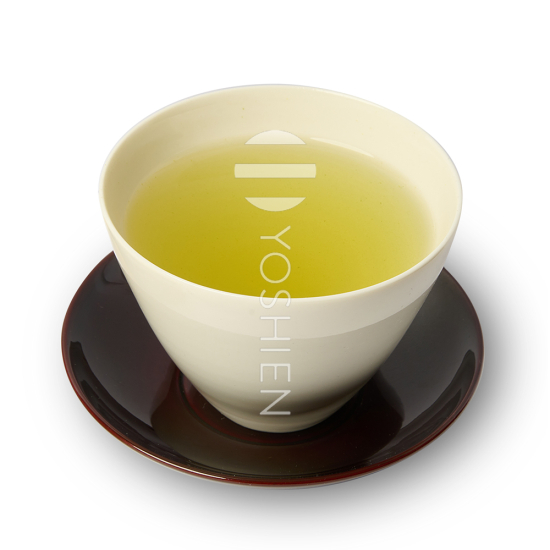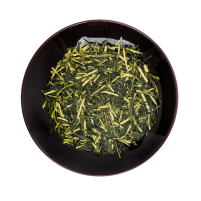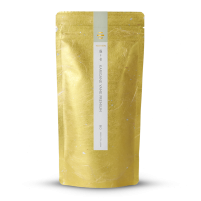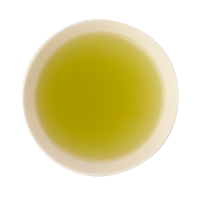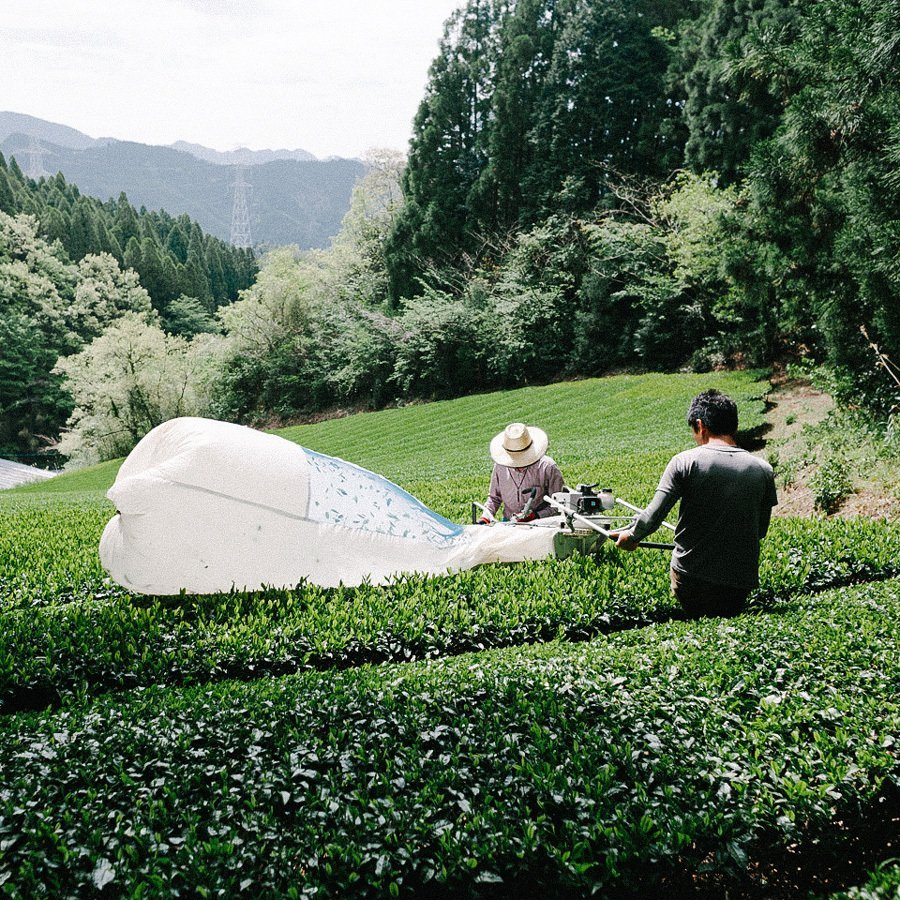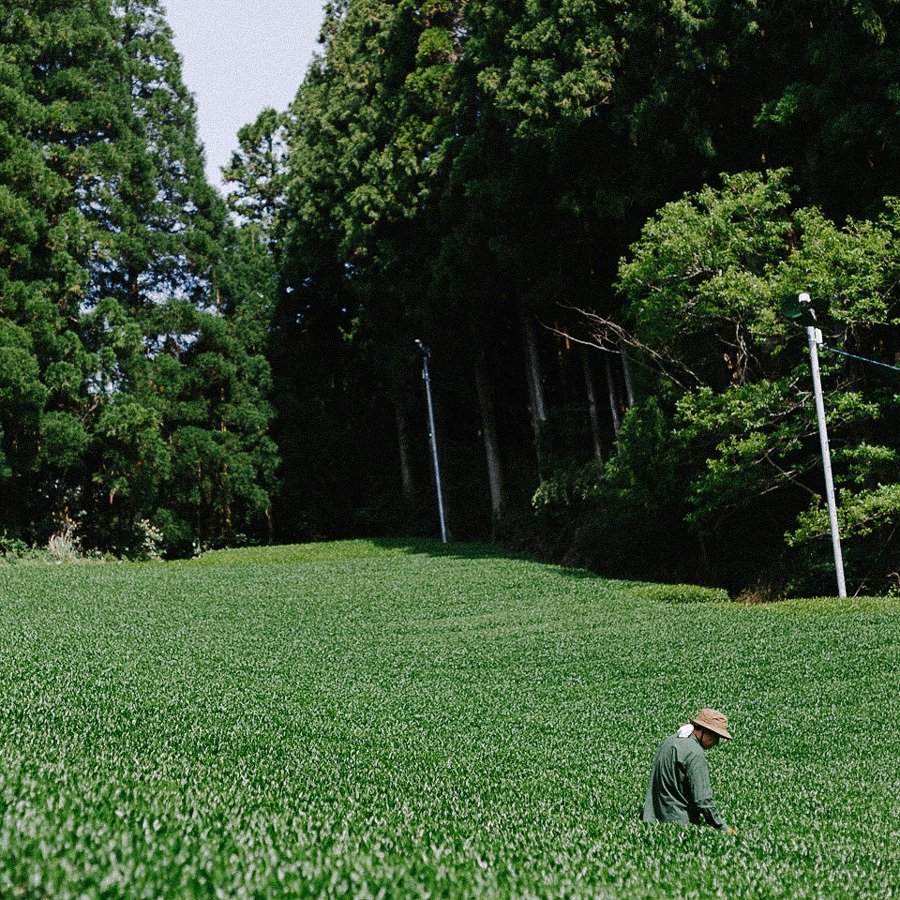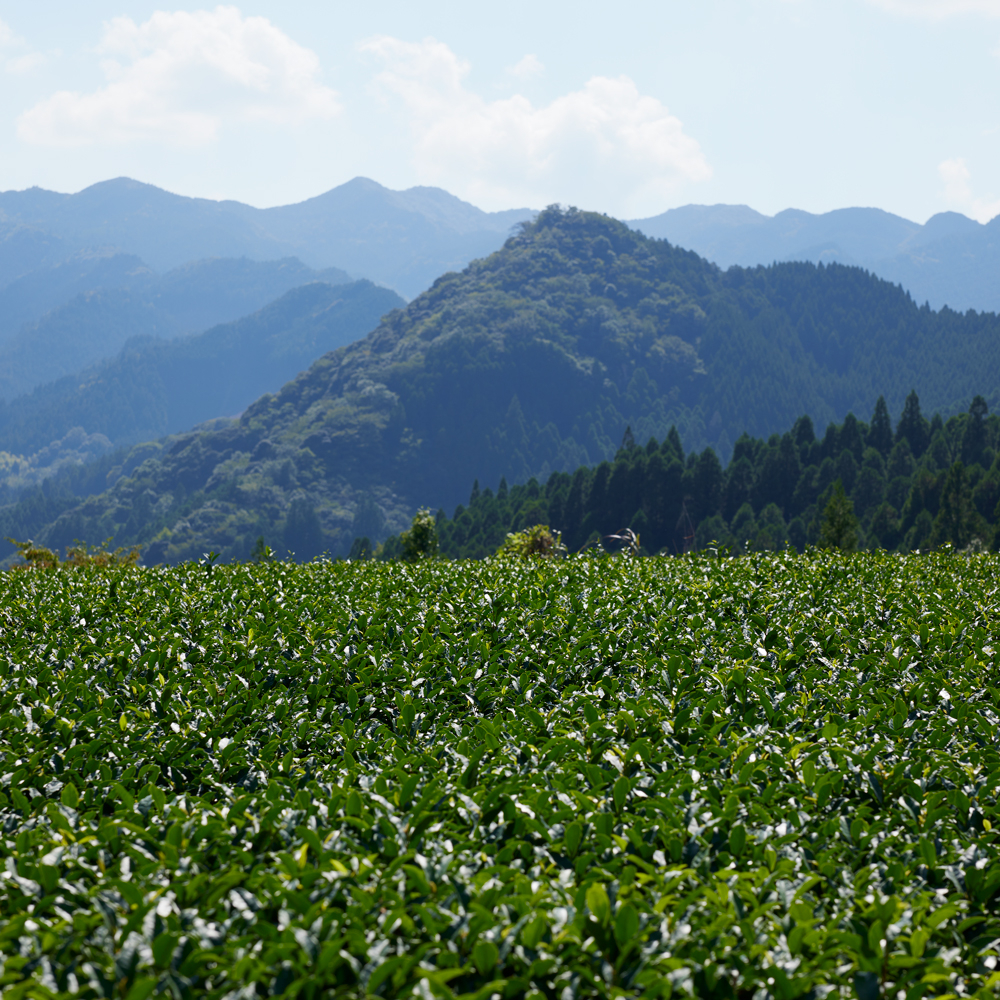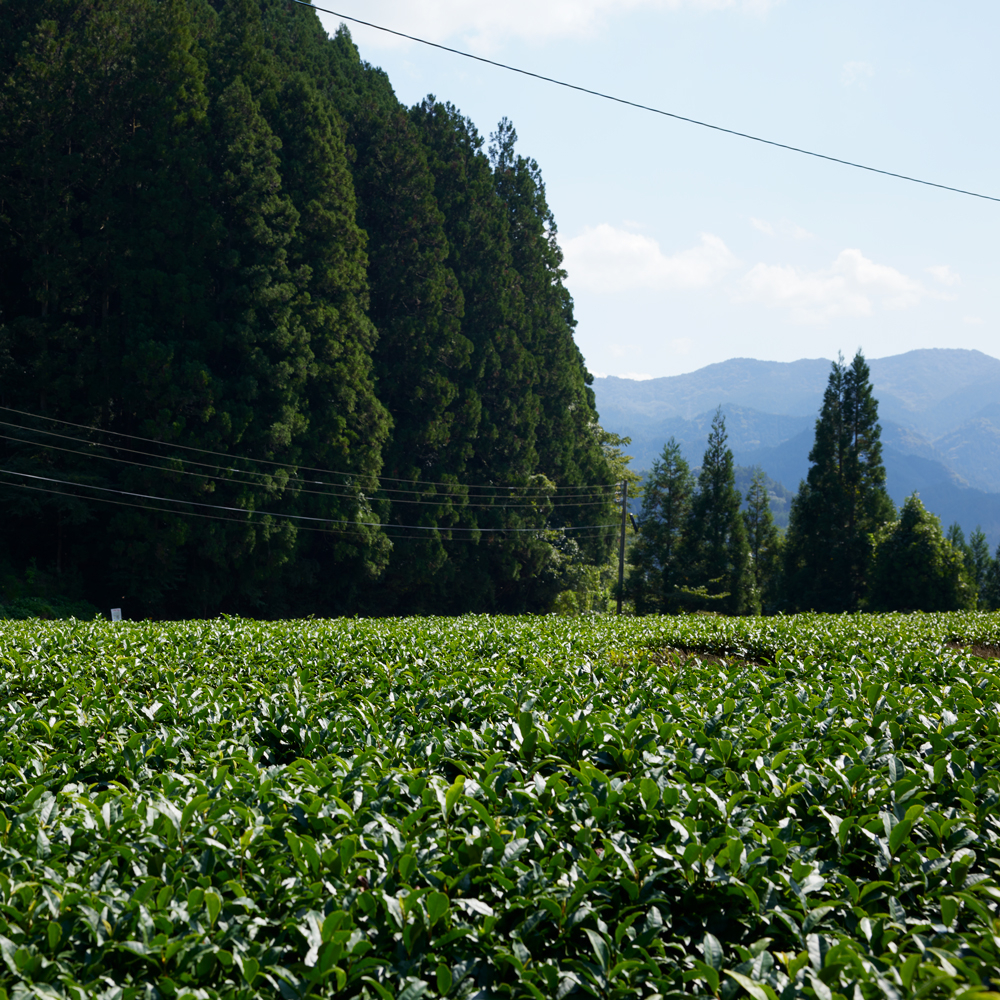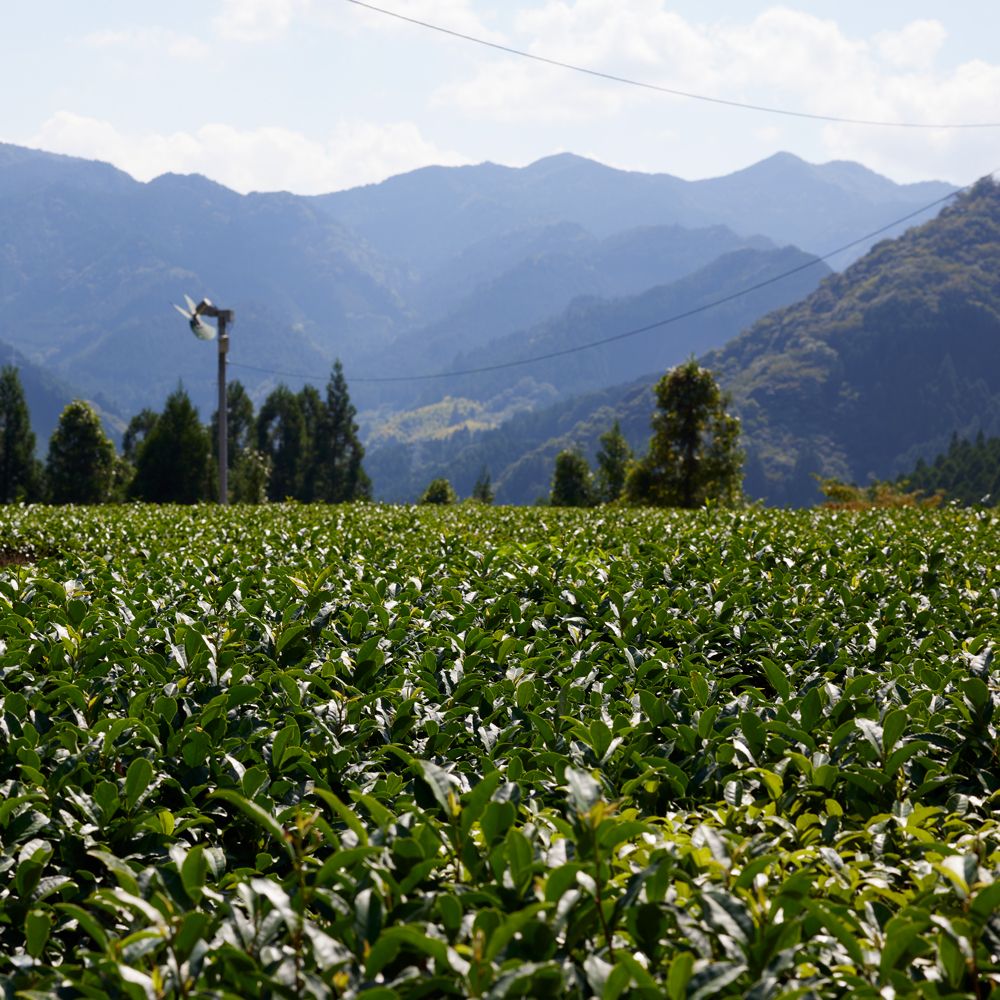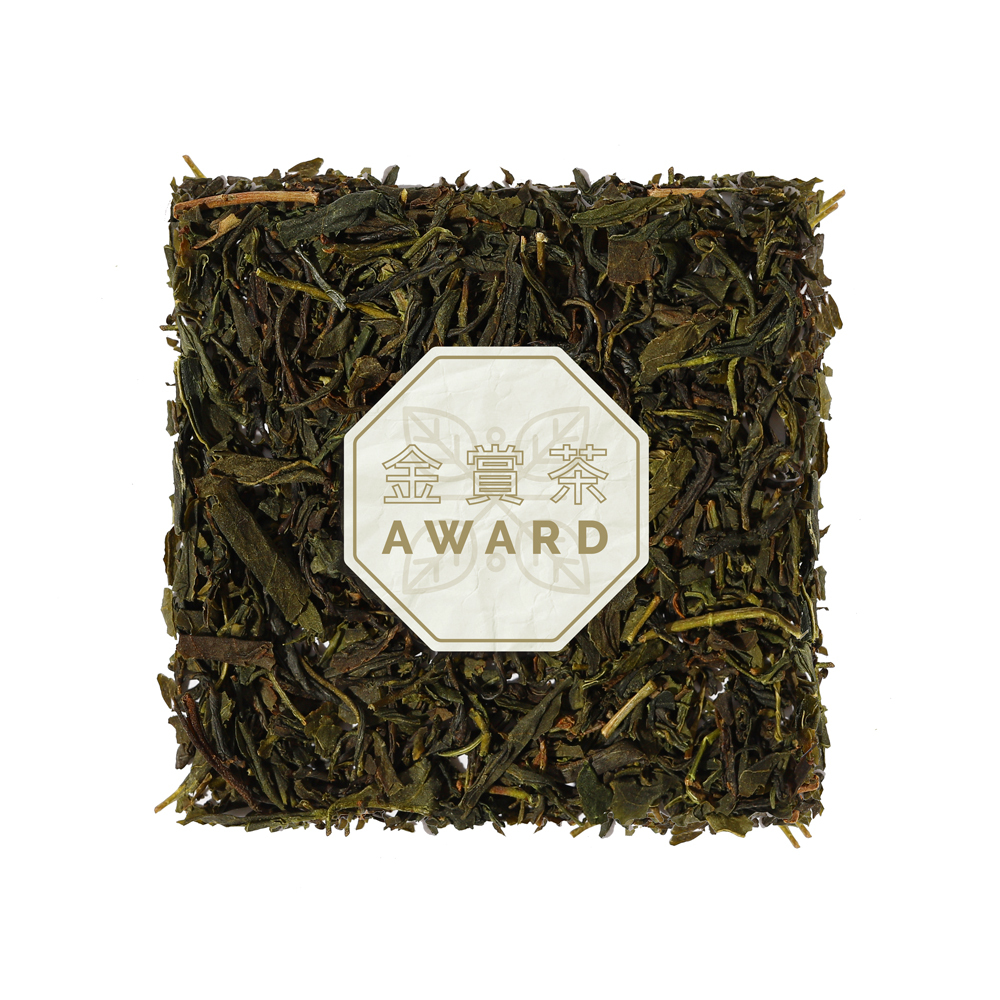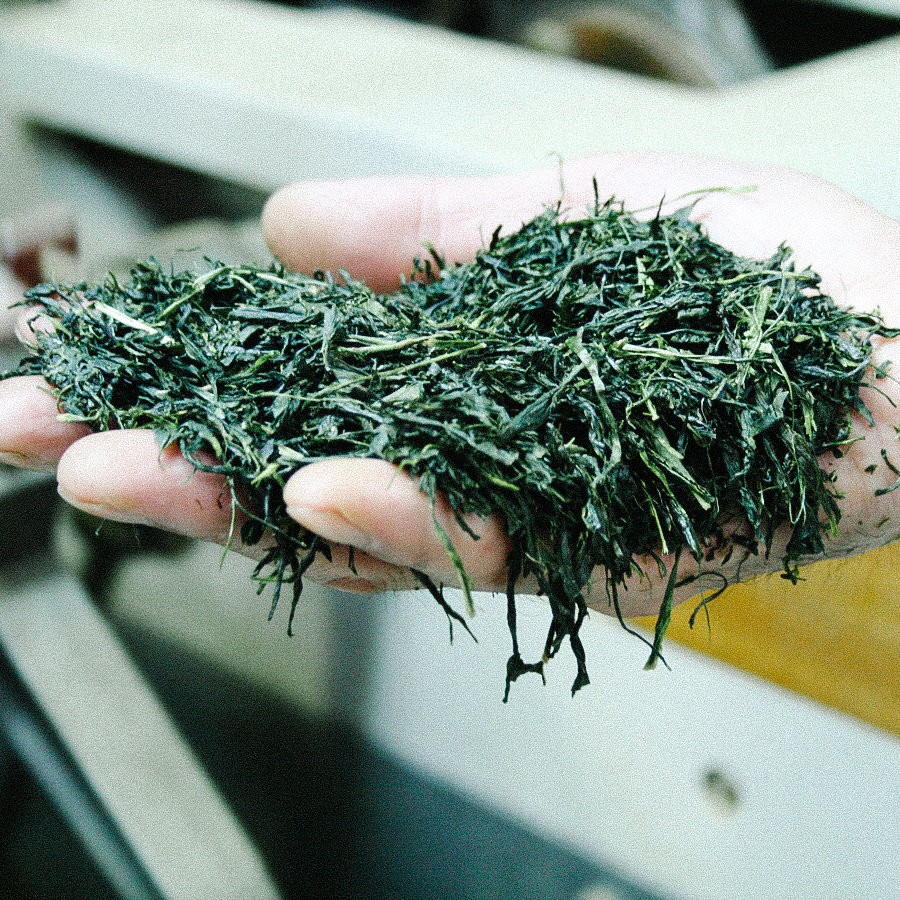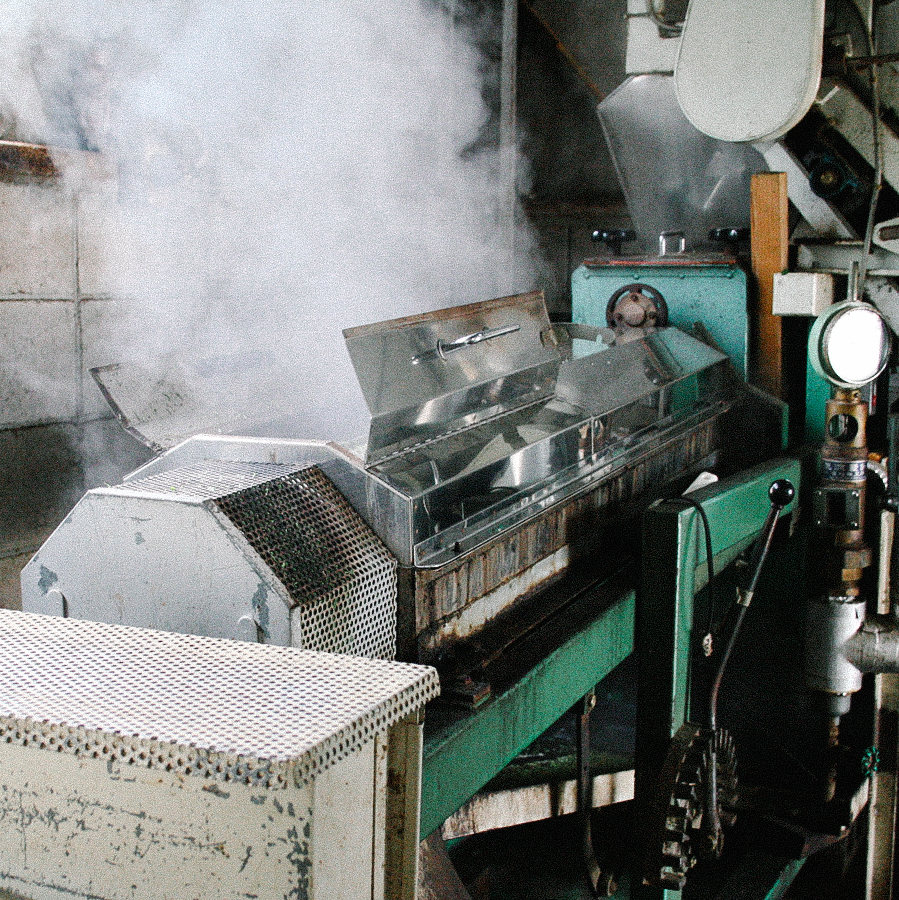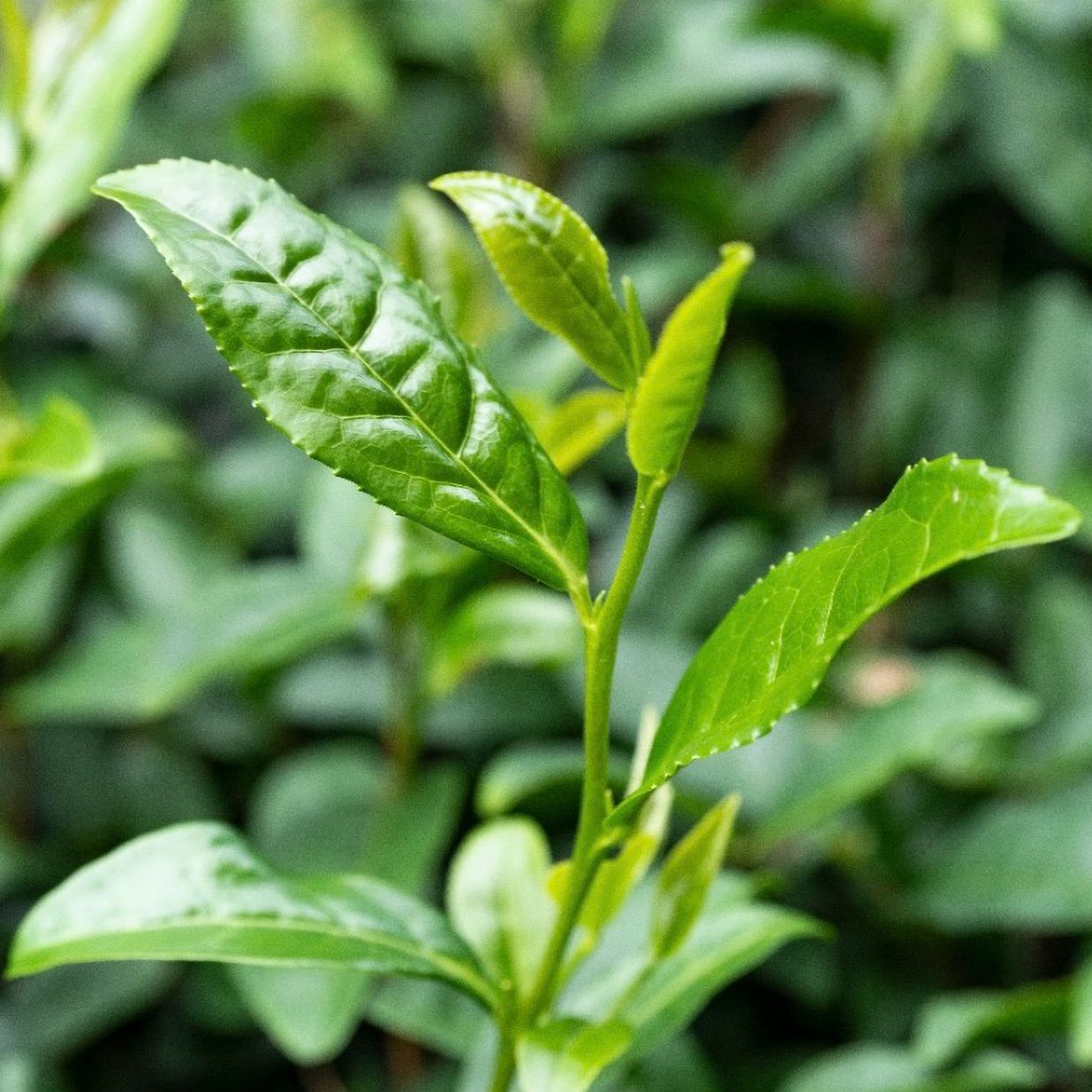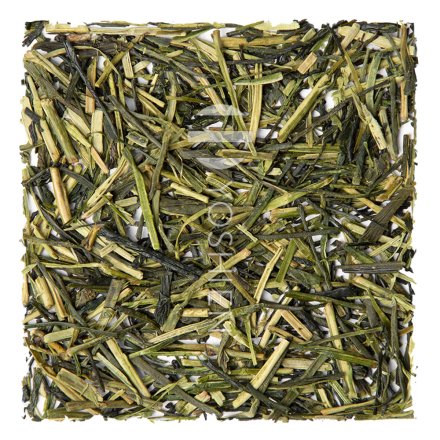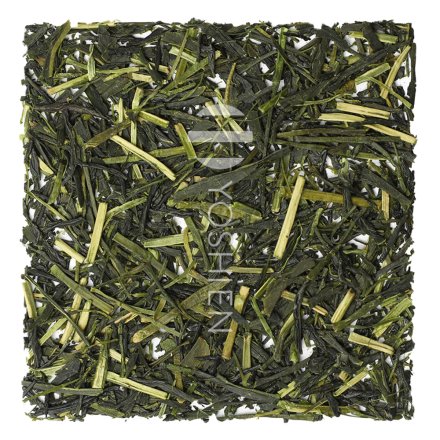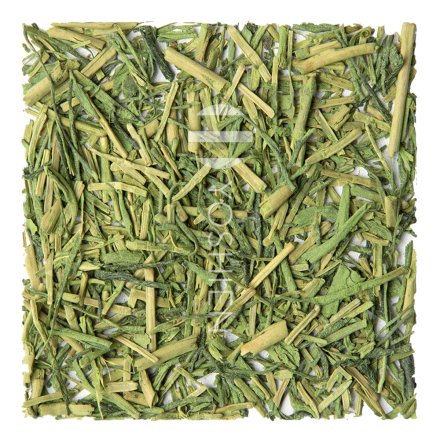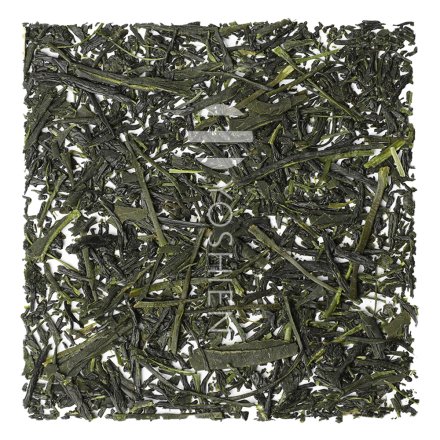Special features in location, cultivation and processing
Yamecha (八女茶)
Located in the north of Kyushu, the southernmost of Japan's three main islands, the region around Yame city is home to Japan's famous Yamecha (Jap.: 八女茶; tea from Yame). The Tsukushi Plain and especially the basins of the two main Yame rivers, the Yabe and the Chikugo, are often shrouded in a dense morning fog. This natural shield from sunlight encourages the tea plants to produce high levels of umami-rich amino acids, creating a rich flavour profile. For this reason, teas from Yame are often referred to as "natural Gyokuros," and can become particularly intense in flavour. The rivers provide pure mountain spring water as well as bring cool, moist air to the region, contributing to the fog. The dramatic climate features hot days and cold nights, with tea bushes occasionally covered in snow during the winter months. The area around Yame also has an extremely high precipitation rate, with up to 2,400mm falling annually. This causes the tea fields, which are mostly located on mountain slopes with loose, sediment-rich soils, to be constantly washed through and drained. These harsh conditions allow the plants to become particularly resistant and contribute to the unmistakably full Yamecha flavour.
The historical origins of Yamecha date back to 1423, when Zen master Shuzui introduced tea cultivation and processing methods from China’s Ming dynasty, where tea was roasted in pans. It was not until the Edo period in the mid-19th century that the Uji method of tea production (involving steaming and shading) gradually took hold, leading to the first production of Sencha tea, albeit in small quantities and as luxury goods. Over time, the tea production methods were modernised, and the foundation for a regional tea industry was established. In 1925, teas from various areas of Fukuoka were officially combined under the name Yamecha in 1925 to emphasise the special quality of the roasted and steamed green teas.
Today, Yame is regarded across Japan as one of the leading tea regions, alongside Uji, and consistently receives top honours in the country’s most prestigious tea competitions. From 2001 to 2012, Yamecha regularly won the prestigious MAFF Award for Gyokuro from the Japanese Ministry of Agriculture, Forestry and Fisheries, and also regularly received the same award in the Sencha category.
Single Origin
This tea is exclusively sourced from the above mentioned tea farm in Yame. Sourced directly from the tea farmer.
Organic Certification

PL-EKO-01
Nicht-EU-Landwirtschaft




